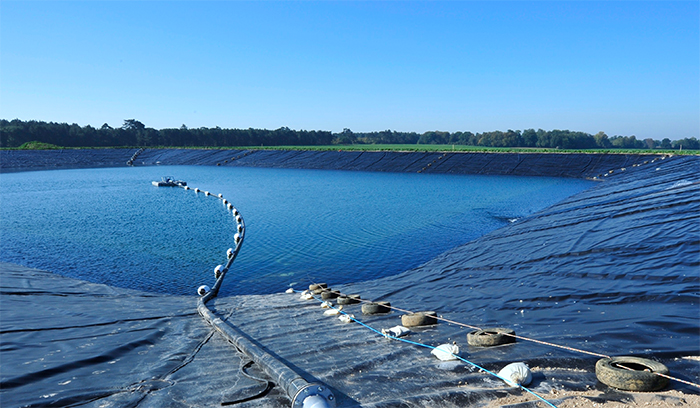
The pressure on water availability is being felt in East Anglia and the South East and is expected to become more unpredictable according to Martin Redfearn, Head of Agriculture at Barclays.
"This season has shown the importance of irrigation and water availability. As demand for water increases and local weather patterns change, more and more growers will need to ensure they have sufficient access to water."
The last few years have highlighted the importance of water in arable and horticultural production.
In these areas climate change models predict a slight decrease in average annual precipitation over the next 20-50 years, but with more winter rainfall and drier summers.
A report produced by the Potato Council and Cranfield University last year considered the availability of water in traditional potato growing areas, such as East Anglia and the and the Midlands.
One of the report’s authors, Dr Andre Daccache comments, "It is most likely that we will have lower precipitation in summer and more in winter. But there will be higher variability with a lower level of probability."
One of the findings of the research was that by 2050, most potato growers will need to increase irrigation by 14-30%, however changing weather patterns may see a slight yield increase of around 5%.
Water is increasingly becoming an issue for the entire food supply chain and a number of processors, packers and retailers are now involved in assessing and improving the water footprint of their products.
Even where farmers have access to sufficient water there may be opportunities to improve water use efficiency through the use of different application techniques or more modern equipment.
Being able to store water when it is available in the winter and use it when most needed in the summer is becoming an increasingly important aspect of farm management.
With this in mind, Congham Farms Limited in Norfolk has recently constructed a 12 million gallon reservoir.
Based 6 miles to the east of Kings Lynn, Congham Farms Limited farms around 1,200 acres with cropping including wheat, barley, sugar beet, potatoes and oilseed rape. In addition, land is let for growing parsnips.
Michael Mason, Director, Congham Farms, said: "The farm has held an abstraction license for 24 million gallons of water from a borehole since 2001, but we have been unable to fully utilise this facility due to a lack of pumping capacity, meaning that we couldn’t pump sufficient water to irrigate both parts of the farm simultaneously and enlarge the acreage of potatoes, so it was decided to build a new 12 million gallon reservoir."
